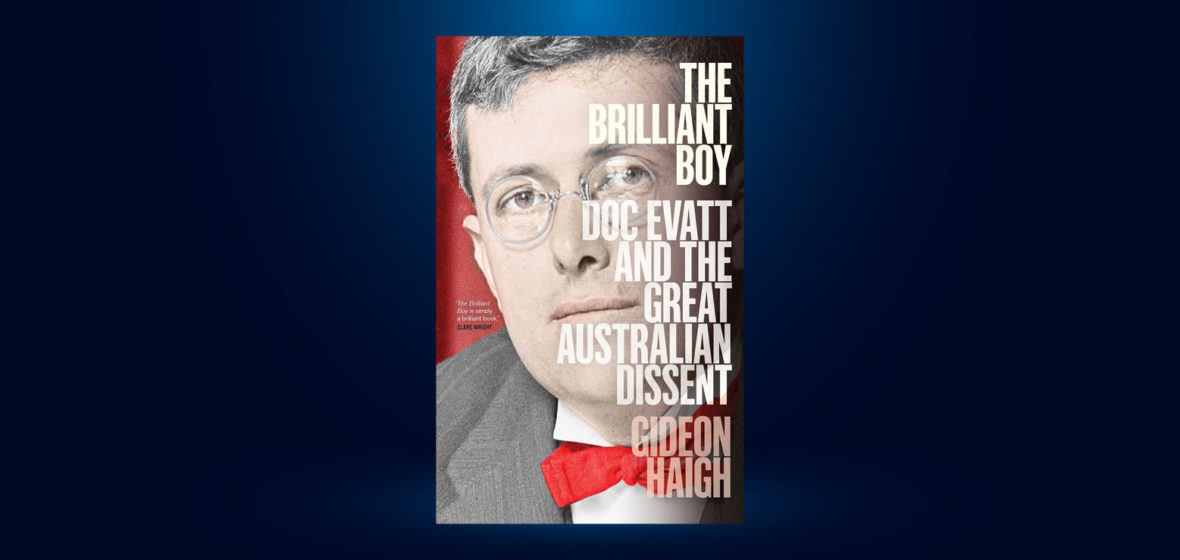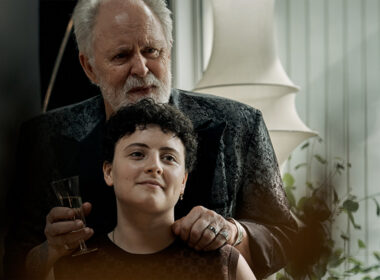Eccentric. Genius. Mad. Preeminent jurist. President at the birth of the United Nations. NSW MP. Author. Federal MP and Minister. Attorney-General. Erratic Opposition Leader. Royal Commission disrupter. In 1923, Sydney University’s third J.D. Brilliant barrister. High Court’s youngest Judge. Chief Justice of NSW. QC, PC. All these and more. That was Herbert Vere Evatt, the “Doc”.
Gideon Haigh, one of our great cricket writers and a prolific non-fiction writer, takes a new look at one of the best and brilliant graduates of Sydney University’s law school. Woven through the story is the drowning of a seven-year-old Max Chester and the case of Chester v the Council of Waverley Municipality in the High Court, and its subsequent impact of the law as interpreted by Evatt. The juxtaposition may seem odd, but it weaves into the fascinating tales of law and politics from the 1920’s to the 60’s. The humanity of Evatt also comes through, just as much as the complexity. The doting grandfather who would fly to Sydney every few days to push a pram of a granddaughter with an illness or, in Canberra would daily deliver another grandchild to Canberra Children’s Hospital for physiotherapy for a birth brain injury, with tears in his eyes. There were tears in his eyes too as he upheld the guilt of the Graeme Thorne kidnapper and killer, acknowledging “such villainous crimes” would “rear their ugly head in this country”, dispelling our feeling of being better than the rest of the world.
Evatt bestrode a period of our history that is slowly being forgotten; when Australia was a different country, with a slightly inferior complex. For Evatt, there was nothing inferior about Australia. Evatt is one who should never be forgotten and Haigh’s inclusion in the works about Evatt will help ensure his place, high in law and politics is maintained.




